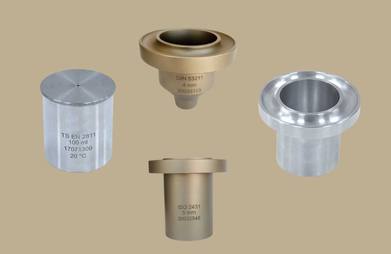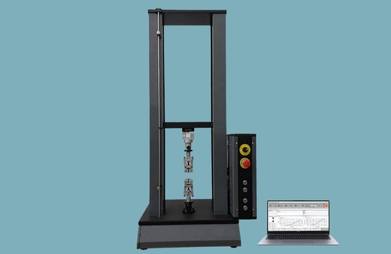In precision measurement and metrology, standard weights play a crucial role in ensuring the accuracy and reliability of weighing instruments. The OIML R111 standard, established by the International Organization of Legal Metrology (OIML), defines the specifications, classifications, and calibration requirements for standard masses used in metrological applications. This article explores the production process of OIML R111 standard weights and their diverse usage areas.
What is OIML R111?
The OIML R111 standard is a globally recognized regulation that defines the technical requirements for standard weights used in calibrating precision balances. These weights are categorized into different classes based on their accuracy, ranging from E1 (highest precision) to M3 (industrial use).
Classification of OIML R111 Standard Weights
- E1 and E2: Used for the most precise calibrations, including laboratory-grade balances and national metrology institutes.
- F1 and F2: Suitable for high-accuracy balances in commercial and industrial applications.
- M1, M2, and M3: Designed for general industrial use, trade applications, and less stringent calibration needs.
Manufacturing Process of OIML R111 Standard Weights
Producing OIML R111 standard masses requires advanced manufacturing techniques to achieve high precision and durability. The key steps in the production process include:
1. Material Selection
OIML-compliant weights are typically made from materials with high stability and corrosion resistance, such as stainless steel, brass, or cast iron. The choice of material depends on the accuracy class and intended application.
2. Precision Machining and Forming
The selected material is precisely machined to achieve the desired weight and shape. CNC machining ensures uniformity and high precision, particularly for E1 and E2 class weights.
3. Surface Treatment and Coating
To prevent corrosion and environmental degradation, weights undergo surface treatments such as polishing, anodization, or protective coating. Stainless steel weights, for example, are polished to achieve a mirror-like finish, reducing contamination risks in laboratory environments.
4. Calibration and Adjustment
Each weight is meticulously calibrated against a reference mass traceable to national or international standards. Adjustments are made to ensure compliance with the permissible tolerances specified in the OIML R111 standard.
5. Quality Control and Certification
Every standard mass undergoes rigorous quality control testing, including:
- Dimensional inspection
- Mass deviation analysis
- Surface integrity checks
- Certification issuance with traceability documentation
Applications of OIML R111 Standard Masses
OIML R111 standard weights are widely used across various industries to maintain precision in weighing and calibration processes. Some common applications include:
1. Metrology Laboratories
National and accredited laboratories use E1 and E2 class weights for calibrating precision balances, ensuring traceability to the International System of Units (SI).
2. Pharmaceutical and Healthcare Industry
High-precision weighing is critical in pharmaceutical production, where active ingredients must be measured with extreme accuracy. OIML-compliant weights ensure compliance with Good Manufacturing Practice (GMP) and ISO 17025 standards.
3. Industrial and Commercial Weighing
Manufacturers, logistics companies, and retail businesses rely on OIML standard weights to verify and calibrate weighbridges, industrial scales, and packaging machines.
4. Food and Beverage Sector
Regulated by stringent weight verification requirements, the food industry uses F1, F2, and M-class weights to maintain consistency in production and trade measurements.
5. Legal Metrology and Trade
Governments and trade organizations employ M1, M2, and M3 class weights to ensure fairness in commercial transactions, preventing weight-related discrepancies in retail and commodity markets.
Conclusion
The production and application of OIML R111 standard masses play a crucial role in ensuring accuracy and reliability in weighing processes across multiple industries. From laboratory-grade calibrations to industrial and commercial weighing, these weights provide the necessary traceability to maintain international measurement standards.
By adhering to OIML R111 guidelines, businesses and institutions can enhance precision, regulatory compliance, and operational efficiency in their weighing practices.
For high-quality OIML R111 standard masses and calibration solutions, visit SagmaLab Measurement Instruments.


